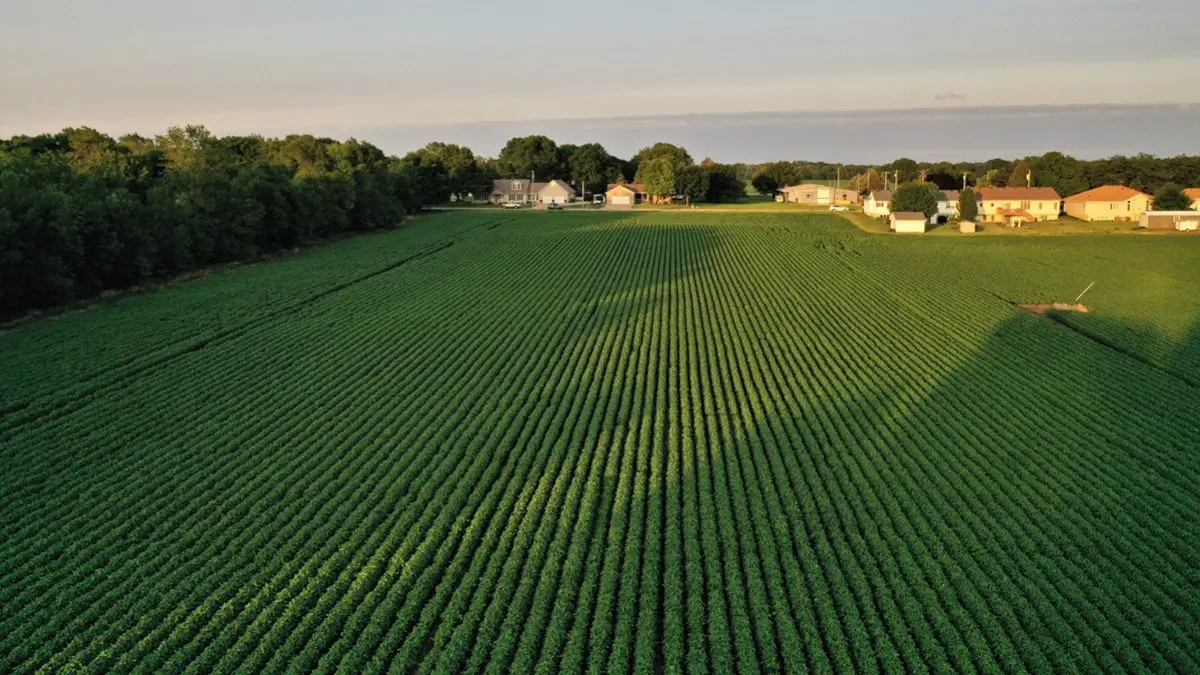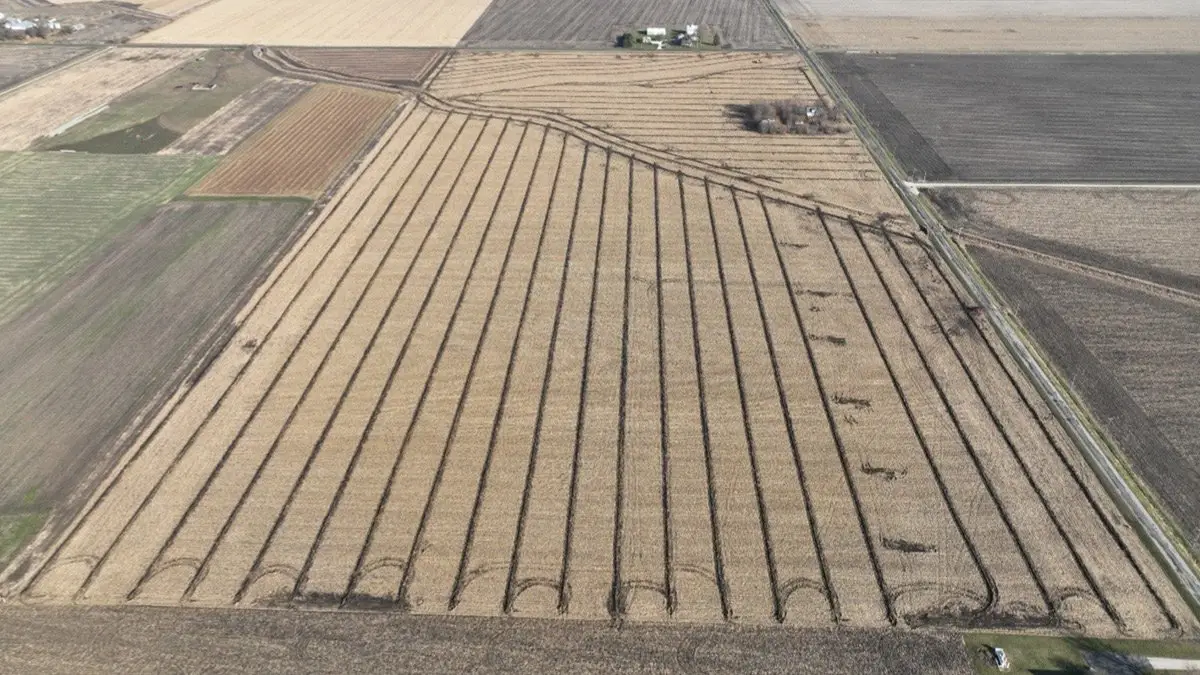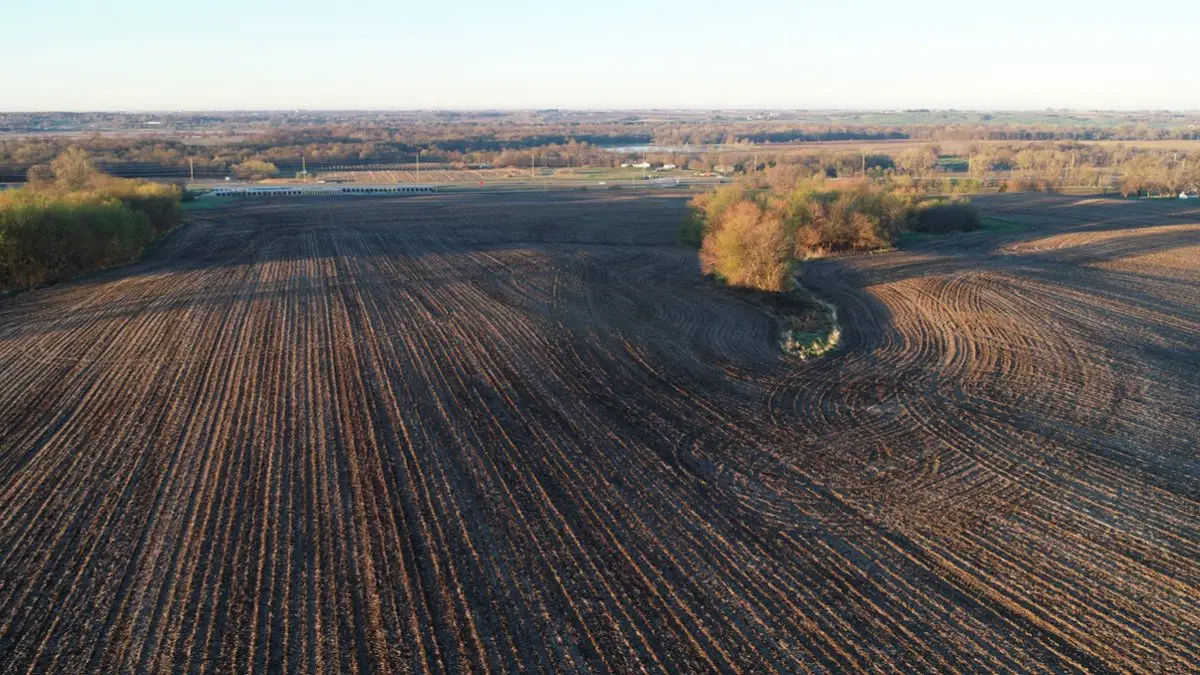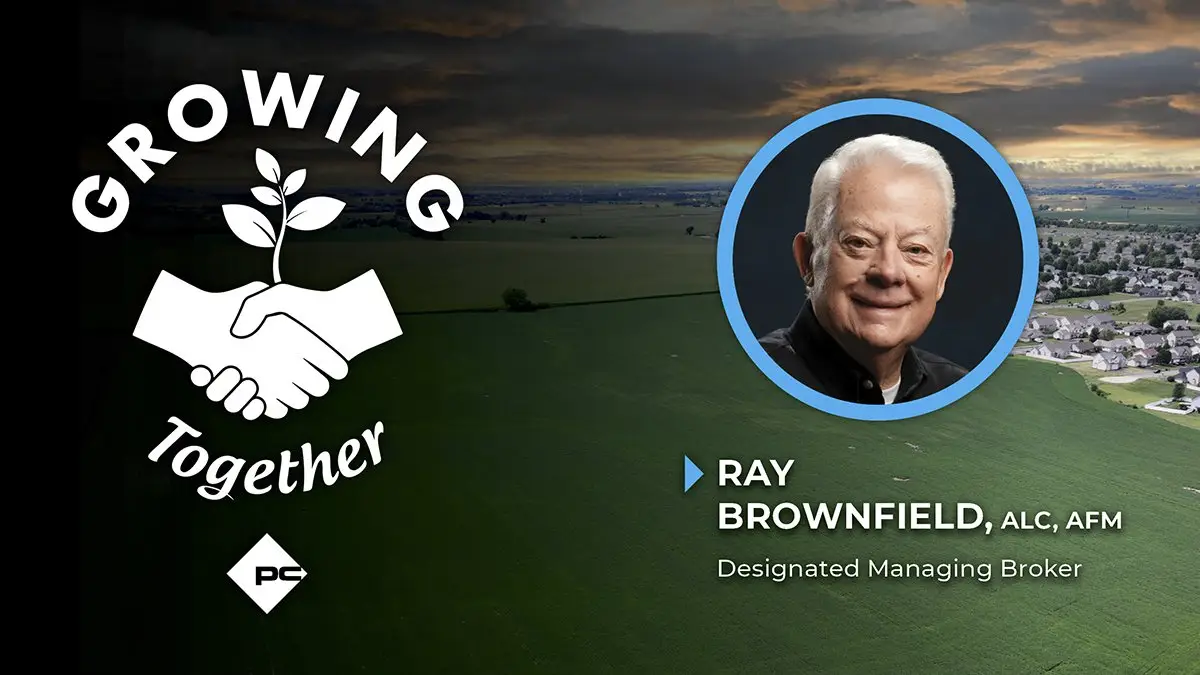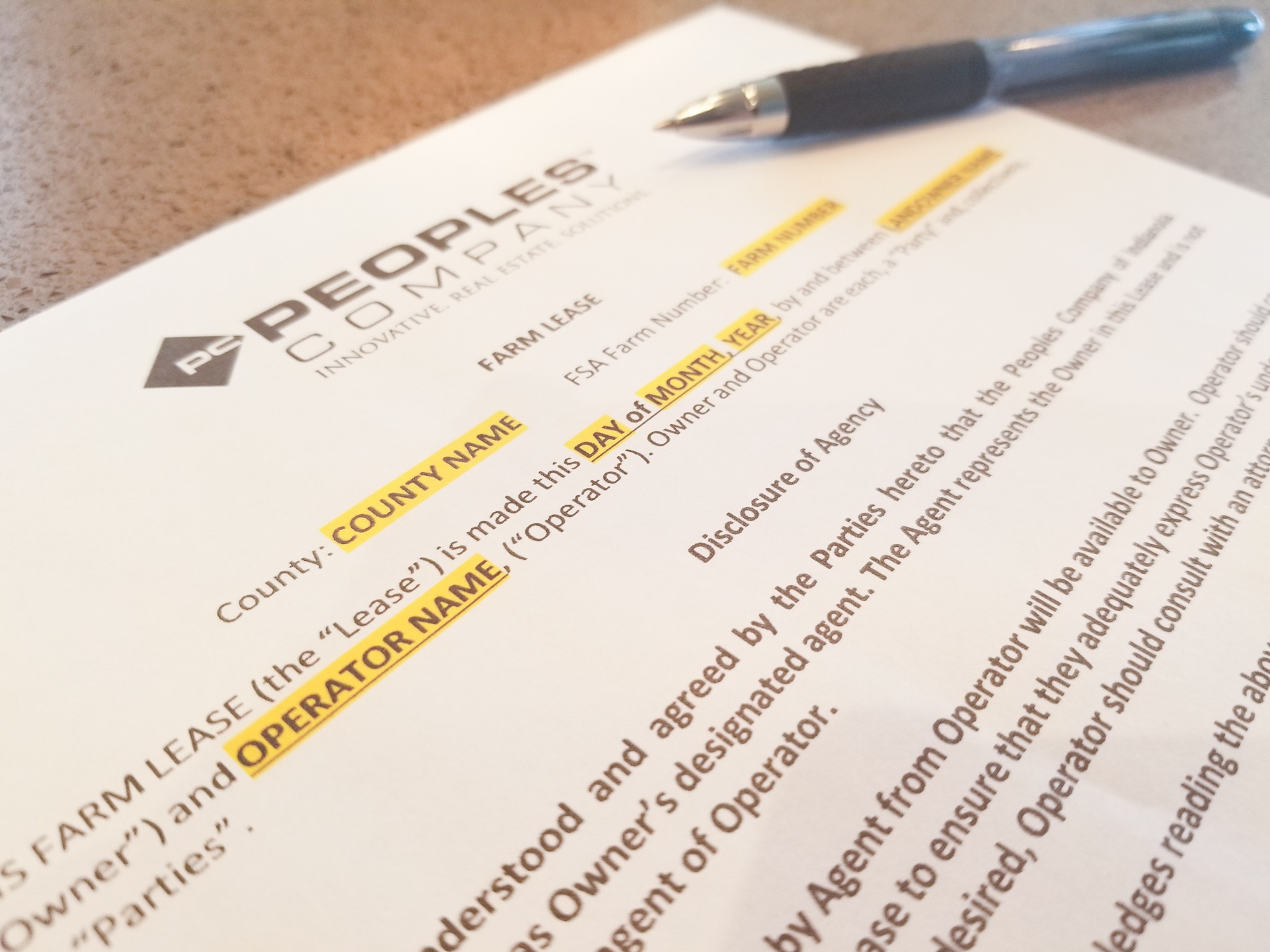
A well-drafted farm lease goes beyond the standard form of establishing acres and rental rate, and sets the stage for a healthy, long-term relationship with a farm operator. The lease should be the steering wheel for the farm, outlining objectives and setting clear terms so that everyone is on the same page each year. As the 2021 crop makes its way through growing season, now is a great time for landowners and farm operators to sit down and begin discussing lease options for the 2022 crop year. The sooner these conversations begin, the more time there is for negotiation, outlining objectives, and ensuring everyone is on the same page when the calendar strikes March 1.
In accordance with Iowa Code § 562.7, termination for Iowa farm leases must be delivered on or before September 1st of the preceding crop year, further emphasizing the importance of early conversations. Changes made to a standing lease need to be through an amendment, or the current lease can be terminated and a new lease drafted in its place. It is important to note that if lease terminations are not executed in person, they should be sent via Certified Mail for proof of delivery.
Lease termination dates for the upper Midwest can be found in the table below:
|
State
|
Termination Deadline
|
|
Minnesota
|
3 months prior to the end of the lease
|
|
Illinois
|
4 months prior to the end of the lease
|
|
Nebraska
|
6 months prior to the end of the lease
|
|
Missouri
|
60 days prior to the end of the lease
|
|
South Dakota
|
September 1st of the preceding crop year
|
|
Iowa
|
September 1st of the preceding crop year
|
| Arkansas |
6 months prior to the end of the lease |
Key Considerations when selecting the right farm lease:
- Risk Tolerance: A landowner’s exposure to risk can be mitigated by selecting the correct lease. Some leases pass all the risk to the tenant, while some leases share risk between landowner and operator. Other arrangements can be drafted where the landowner assumes all the risk.
- Conservation: The landowner and operator need to establish what conservation practices they would like to implement, how expenses will be divided, and what roles the practices play in the goals and objectives for the farm, landowner, and operator. The details of the practices, management, and costs are instilled in the lease through provisions and addendums and should be highly detailed. This cuts out confusion and creates a clear plan about how practices will be implemented.
- Operator Relationships: Productive farmland is a hot commodity and landowners rarely have trouble finding someone to lease their land. While there are a lot of options available, selecting the right operator is essential to a healthy, long-term relationship. Landowners should decide what their top priorities are and work backwards from there to identify qualified candidates.
- Long-term Farm Goals: Where the farm ends up long-term starts with the year-to-year operations. If the landowner wants long-term sustainability, now is a great time to identify a willing and able operator to begin incorporating practices into the lease. Multiyear leases at a reduced rate can be beneficial in cases where large projects are completed by the farm operator that add value to the property where the landowner benefits.
- Additional Considerations: Additional lease considerations may include filing UCC 1 liens on farm operators to ensure the second half of rent is paid where applicable. Leases should also include a provision outlining that the farm operator must carry a policy of farm liability insurance in the event of a disaster. Another consideration may be exploring if your state offers a beginning farmer tax credit for landowners who lease their property to a young, beginning farmer, reducing annual property taxes. Also, if a farm has hunting value, landowners could consider exploring a hunting lease to further increase annual income.
Lease Types: Selecting the right farm lease can be difficult, overwhelming, and even uncomfortable at times for both the landowner and farm operator, but a well drafted lease can create a healthy relationship and set the stage for long-term productivity, conservation, and profitability. Below are common lease types implemented throughout the country.
1. Cash Rent: Cash rent is the most popular lease arrangement regarding the production of row crops and is minimal risk for the landowner. Cash rental agreements establish a price per acre the farm operator is willing to pay for the use of the ground, and payments are made to the landowner annually or semi-annually. The landowner receives the predetermined amount of rent no matter what the weather, markets, or farmer produces. These agreements usually require little supervision from the landowner and are low risk, low reward in most years.
2. Flex Lease: Flex lease arrangements combine the base income of a cash rent agreement along with the upside opportunities landowners might see in a crop share lease without any additional expenses. See table below for an example. This example uses a “trigger price” of $700/acre. When the operator’s gross revenue per acre exceeds the trigger price, the owner is entitled to 33% of any income over $700. Flex payments are calculated after harvest using yield maps or scale tickets for yield verification, and scale tickets or yearly average commodity prices for a $/bu.
|
Base Rent
|
Corn Yield
|
Corn Price
|
Gross Revenue per Acre
|
Owner's Share
|
Flex Payment
|
Total Rent
|
|
$185.00
|
200bu/ac
|
$5.12/bu
|
$1024.00
|
33% over trigger
|
$106.92
|
$291.92
|
Flex leases are minimal risk for the landowner, but often have a lower base rent, meaning less guaranteed income if the trigger price is not reached.
3. Crop Share: Unlike cash rent and flex leases mentioned above, crop share leases offer no annual base rent. Instead, the landowner and operator divide expenses and income rather than establishing a rental rate per acre. Crop share leases can be structured many ways, but usually involve the landowner providing the land at no cost and paying for half of the inputs such as seed, chemical, fertilizer, etc. The operator is responsible for providing equipment and labor at no cost and paying for the other half of the crop inputs. Each party receives a share of the harvested crop and is responsible for marketing their allotted share. Crop share arrangements can be profitable, and the lease should clearly outline the responsibilities of each party along with compensation.
4. Custom Farming: While this is not a lease, and more of an agreement, this can be a profitable venture for landowners who do not mind a significant amount risk compared to the arrangements above. In a custom farming agreement, the landowner is responsible for financing and marketing 100% of the crop. The landowner pays for all the inputs required to produce a crop and selects a farm operator to execute the labor and equipment aspects of the operation such as tillage, spraying, planting, and harvest. The landowner pays the operator a predetermined rate for each task and owns 100% of the crop. This type of arrangement is capital intensive and requires a significant amount of management from the landowner but can equate to higher returns compared to cash renting or crop share. Involved landowners prefer this type of arrangement because they make 100% of the decisions that happen on their farm and can implement conservation practices at their own discretion without negotiating or discussing with a tenant.
So, which lease is the best? When it comes down to it, no two situations are the same and what works on one side of the fencerow may not work on the other. One landowner may want top rent while another wants more conservation, and another may want to continue leasing to a family member or long-time operator. All these goals can be achieved and binding by implementing a well drafted, air-tight farm lease to protect from unexpected changes. It is important for the landowner to fully understand the risks and rewards associated with each arrangement, and verify the farm operator is onboard with all the items in the lease. The professional farm managers of Peoples Company are well versed in all forms of leases, and handle lease selection, negotiation, drafting, execution, and enforcement, allowing the landowner to rest assured their needs are met and the farm is reaching its maximum potential.




